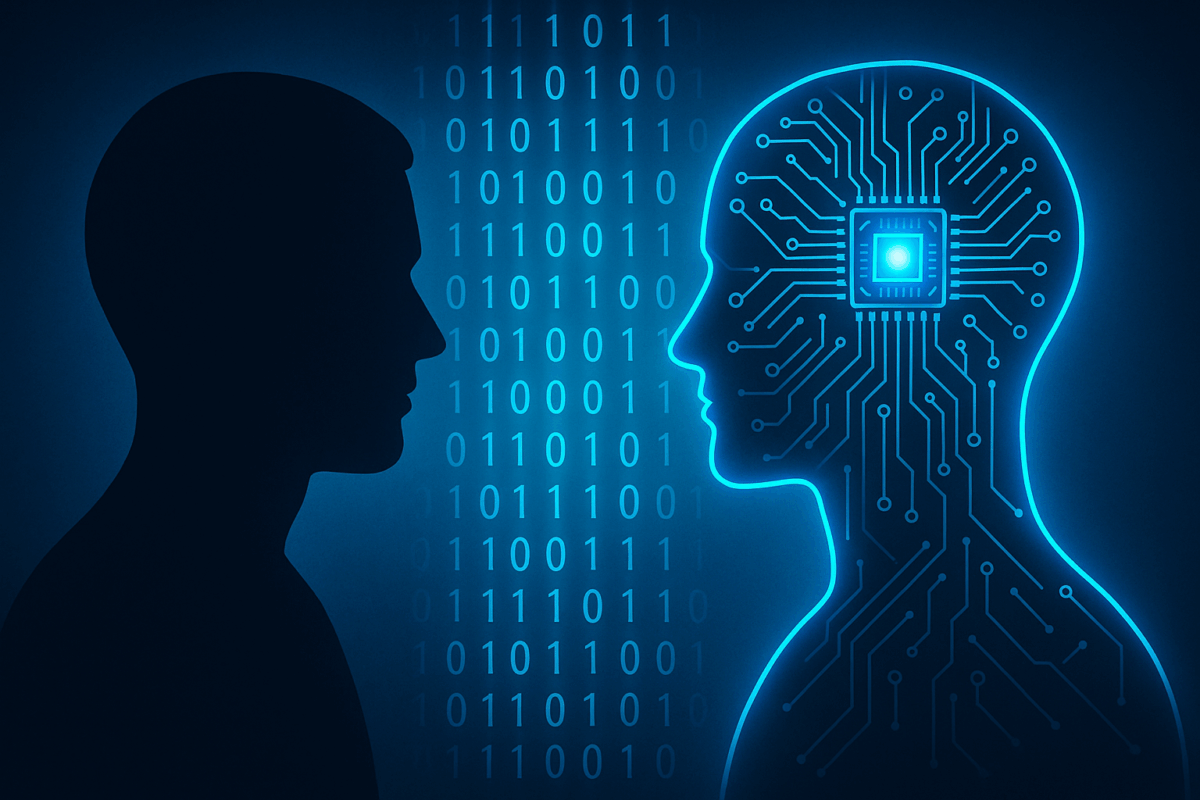Let’s get the uncomfortable truth out of the way:
If you’re a human coder, your days are numbered.
No, the machines aren’t coming for your job—they’re already here. And they’re not asking politely for a seat at the table. They’re rewriting the entire menu.
From Code Monkeys to Code Architects
For decades, being a coder meant learning a bunch of arcane languages, typing out logic line by line, and memorizing frameworks like your life depended on it. (Spoiler: It kind of did.) The rise of Stack Overflow gave us all superpowers, but also turned us into copy-paste commandos. The joke about “Google-driven development” wasn’t really a joke.
But something seismic has happened.
The era of human-written code is winding down, fast.
The AI Coding Tsunami
Generative AI models—think GPT-4, Gemini, Claude, and their successors—have blown the doors off traditional software engineering. Today, AI tools can:
-
Write complex functions from a single-line prompt.
-
Refactor, debug, and optimize code better than most juniors (and some seniors—sorry, Bob).
-
Translate logic between languages without breaking a sweat.
-
Generate boilerplate, tests, documentation, and even full-stack applications with the right nudges.
If you’ve ever had an AI assistant build you an app skeleton in less than five minutes, you know exactly what I’m talking about. It’s not science fiction—it’s right now.
What Happens Next? Coders as Architects, Not Bricklayers
So, where does that leave the human coder?
Simple: We become architects, not bricklayers.
Humans will set the objectives, define the business logic, and—most importantly—enforce the ethics. The AI does the grunt work. The role shifts from “write this function” to “describe what this system should do, and why.”
Think less “if-else” and more “what-if.”
AI coders will:
-
Automate 80%+ of the code writing (the boring, repeatable stuff)
-
Handle bug fixes and regression testing at machine speed
-
Learn and improve from every commit, instantly
-
Communicate in natural language, not just Python or C#
And the best part? They don’t complain, don’t unionize, and never forget a semicolon.
The New Coding Skillset: Prompt Engineering and System Design
The skillset for tomorrow’s developer isn’t memorizing the latest JavaScript framework. It’s knowing how to think about problems at a system level, and communicate them to AI in clear, creative, ethical ways.
Prompt engineering, system design, and domain expertise will matter far more than your ability to manually hand-roll a bubble sort (unless you just like the nostalgia).
If you’re resisting this shift, you’re playing on borrowed time. It’s like being a carriage maker in the age of the Model T.
Will Human Coders Disappear Completely?
Not overnight, and not everywhere. Legacy systems, niche use-cases, and bleeding-edge research will still need human creativity—at least for a while. But for 95% of code written today? It’ll be faster, cheaper, and safer to let the machines do it.
The future isn’t about writing code.
It’s about imagining what code can do.
Final Thoughts: Don’t Mourn, Evolve
This isn’t a tragedy, it’s a graduation. Coders have always been at the edge of what’s possible. The best of us will ride this wave, not drown beneath it.
So sharpen your system design skills. Practice explaining problems in plain English. Get comfortable collaborating with an AI partner who never sleeps. The days of heroic solo coding are ending—but the age of software imagination is just beginning.
Welcome to the future.
(And don’t worry—AI still sucks at naming variables.)



